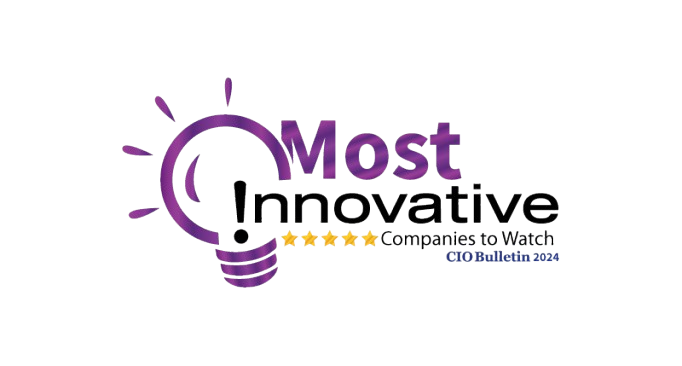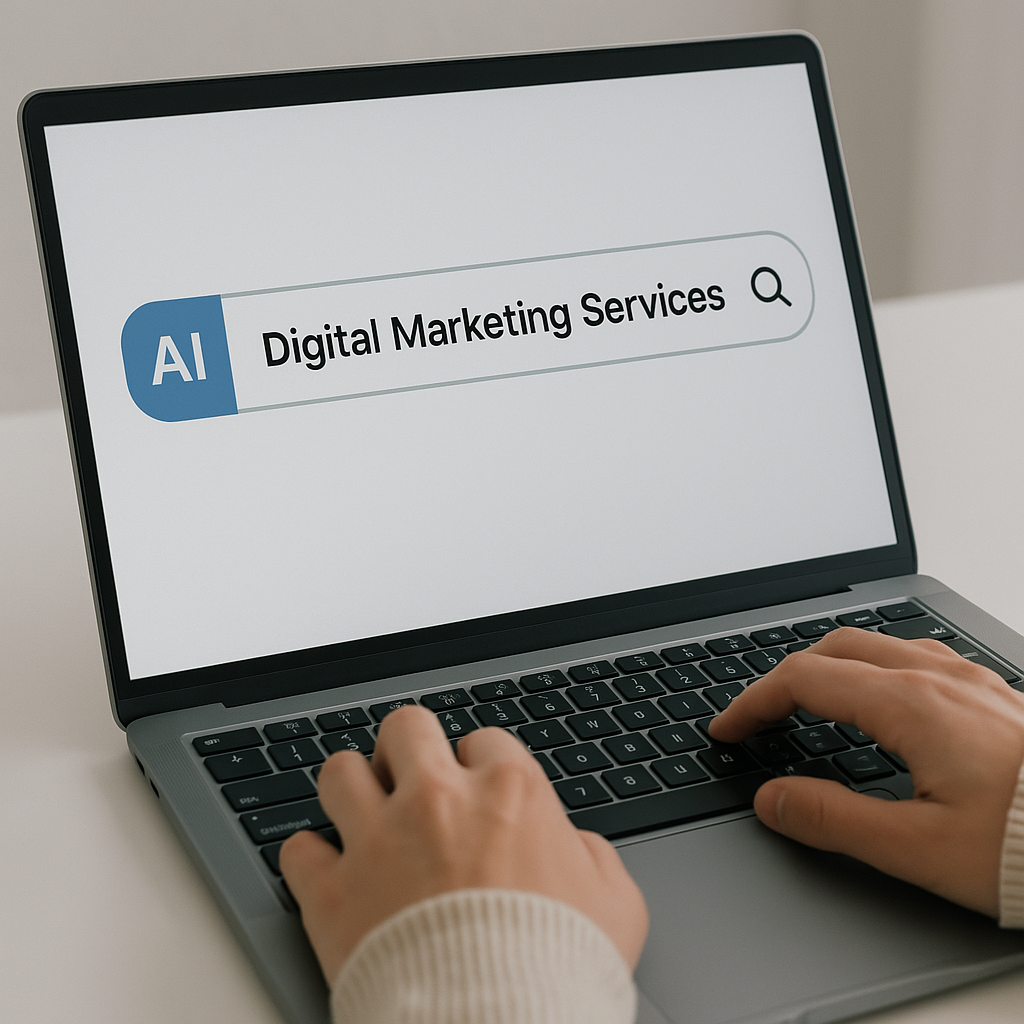The Pros and Cons of AI Marketing
john • March 9, 2023
AI (Artificial Intelligence) can bring both benefits and drawbacks to marketing. Here is a summary of the pros and cons of AI in marketing:
Pros:
Improved personalization:
AI can analyze vast amounts of data, enabling marketers to create highly personalized campaigns tailored to each individual customer's needs and preferences.
Increased efficiency: AI can automate many repetitive and time-consuming tasks, freeing up marketers to focus on more strategic initiatives.
Better decision-making: AI can analyze data and provide insights, enabling marketers to make more informed and data-driven decisions, resulting in better ROI and campaign effectiveness.
Enhanced customer experience: AI-powered chatbots and virtual assistants can provide instant customer support, improving the customer experience and increasing customer satisfaction.
Better targeting: AI can analyze customer data to identify the most relevant and effective channels for reaching each customer, enabling marketers to target their campaigns more effectively.
Cost savings: AI can help reduce costs by automating many marketing tasks, optimizing campaigns, and reducing the need for manual data analysis.
Increased speed: AI can analyze data in real-time, enabling marketers to respond quickly to changing market trends and customer behavior.
Competitive advantage: Brands that leverage AI in their marketing campaigns can gain a competitive advantage, providing them with a unique value proposition and setting them apart from their competitors.
Cons:
Lack of human touch:
While AI can provide a more efficient and personalized customer experience, it can lack the human touch and emotional intelligence that customers may value.Data privacy concerns: AI relies on customer data, which can raise concerns about privacy and security. Brands must ensure that customer data is collected and used ethically and responsibly.
Bias and discrimination: AI algorithms can sometimes exhibit biases, which could lead to unfair treatment of certain groups. Brands must be aware of this and ensure that their AI models are designed to be unbiased.
High cost: Implementing AI technology can be expensive, particularly for smaller businesses. It may require significant investments in hardware, software, and talent.
Complexity: AI technology is complex and requires specialized knowledge and expertise to implement and maintain effectively. This can be a challenge for businesses that lack the necessary resources or expertise.
Limited creativity: While AI can generate content, it may lack the creativity and originality of human-generated content. Brands must balance the use of AI-generated content with the need for original, engaging content.
Unintended consequences: AI models can sometimes have unintended consequences, such as reinforcing existing inequalities or creating new ethical dilemmas. Brands must be aware of these risks and take steps to address them.
Overall, the pros and cons of AI in marketing underscore the importance of using AI ethically and responsibly, and ensuring that it complements, rather than replaces, human expertise and creativity. Brands must be aware of the potential risks and challenges associated with AI and take steps to mitigate them.
Featured Resources
Check Our Latest Resources

Proven ROI has been recognized as one of the Most Innovative Companies to Watch 2024 by CIO Bulletin—a testament to the company’s forward-thinking approach to CRM investments and strategic partnerships. By working closely with leading CRM platforms like HubSpot, Proven ROI is revolutionizing how businesses manage customer relationships, scale their operations, and drive growth.



